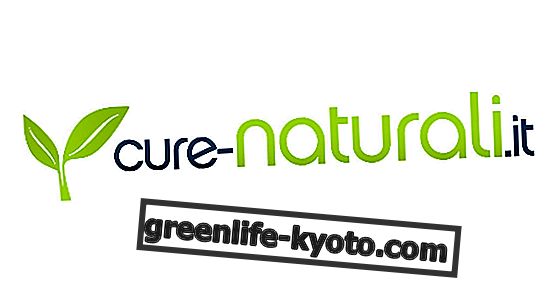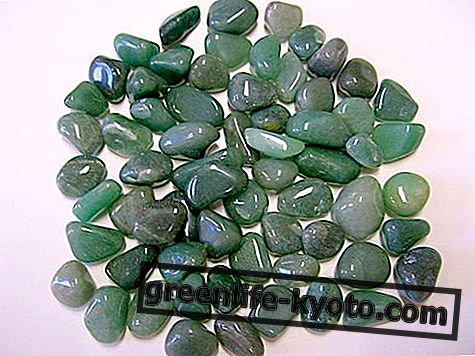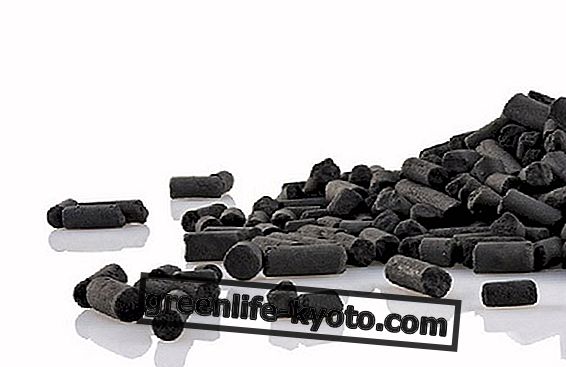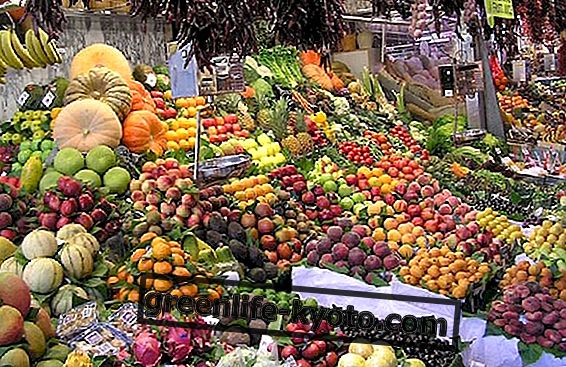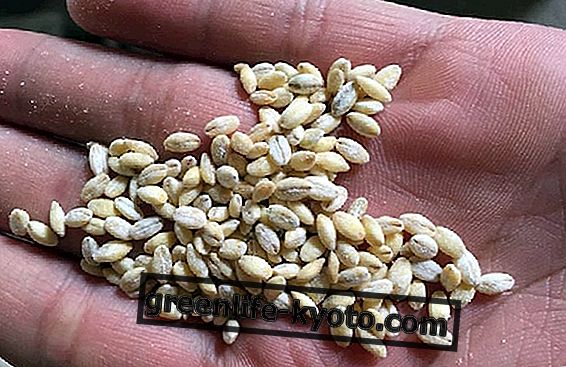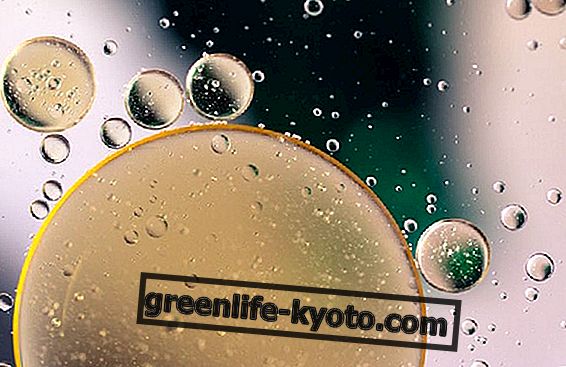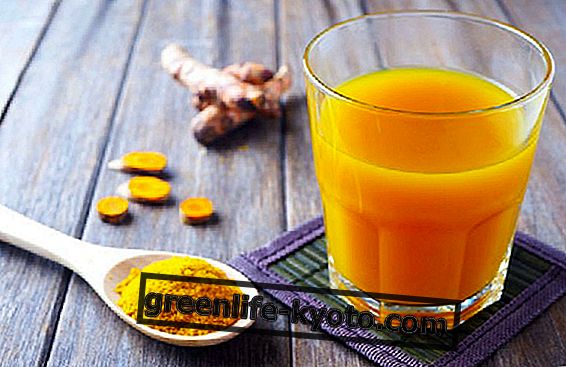
How to do without turmeric? It is good, it is good, it can be used in a thousand ways, as a spice, as a supplement, it enters our kitchens and our drawer of natural remedies for the well-being of the organism. Let's find out more about his virtues.
There are various species of turmeric, the one used for phytotherapeutic use is curcuma longa . The rhizome is used of turmeric, whose main components are essential oils, sesquiterpenes and monoterpenes, curcuminoids that also connote color.
Benefits of turmeric
The activities recognized to turmeric are anti-inflammatory, hepatoprotective, choleretic, cholagogue, carminative, lipid-lowering (decreases the levels of lipids in the blood, such as cholesterol), antithrombotic, immunostimulants, antioxidants, antimicrobials .
Turmeric is indicated in cases of gastric dyspepsia and gallstones, chronic hepatopathies, meteorism, colds, hypercholesterolemia, chronic rheumatic diseases, arthrosis and arthritis.
In fact we find turmeric also in many supplements formulated for joint pain, in synergy with the devil's claw and boswellia.
dosage
According to the European Commission the recommended average daily dosage is 1.5-3 grams of dried rhizome.
For the dry extract, then standardized in 95% curcumin, the daily dose is 400 mg twice a day after the main meals.
We also find the hydroalcoholic extract of turmeric, which can be taken both as an aperitif, before meals, and as a digestive, after meals. The recommended dosage is 20 drops in a little water twice a day.
To promote the bioavailability of curcumin, the active ingredient that characterizes its characteristics, since its absorption is difficult for our body, it is good to use a teaspoon of olive oil or a pinch of pepper. In the market often the supplements are already formulated with piperine in order not to disperse the active principle and allow its correct absorption.
Warnings
Turmeric, due to its lipid-lowering properties, could add to the action of some drugs, such as antiplatelet agents or anticoagulants . If you are subjected to these pharmacological treatments it is good to avoid turmeric supplements.

